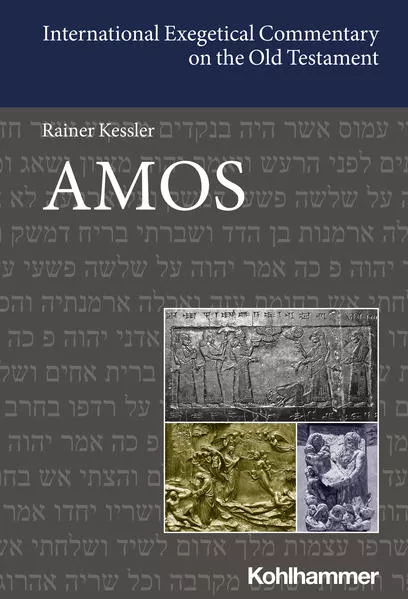
- Publikationen ca: 4
- Buchbewertungen ca: 1
- Fragen & Antworten
Amos
This commentary examines the book of Amos as it appears in the Hebrew Bible: a collection of messages from a prophet in the 8th century BCE who warned that the Kingdom of Israel would fall because of the wrongs of its wealthy elite. Despite this warning, the book ultimately offers hope for a restored future to the survivors in Judah and Israel.
Amos
Der Kommentar legt das Amos-Buch so aus, wie es in der Hebräischen Bibel überliefert ist: als Sammlung der Worte eines Propheten, der im 8. Jahrhundert v. Chr. auftritt, dem Königreich Israel wegen der sozialen und kultischen Vergehen seiner Oberschicht das Ende ansagt, am Schluss aber den Überlebenden der Katastrophe aus Juda und Israel eine sichere Zukunft in überbordendem Wohlstand ankündigt.
Amos
This commentary interprets the book of Amos as handed down in the Hebrew Bible: as a collection of the words of a prophet who emerges in the eighth century BCE and proclaims the end of the kingdom of Israel due to the social and ritual transgressions of its upper class, but in the end announces a safe future in abundant prosperity for survivors of the catastrophe from Judah and Israel.
Amos
This commentary interprets the book of Amos as handed down in the Hebrew Bible: as a collection of the words of a prophet who emerges in the eighth century BCE and proclaims the end of the kingdom of Israel due to the social and ritual transgressions of its upper class, but in the end announces a safe future in abundant prosperity for survivors of the catastrophe from Judah and Israel.



